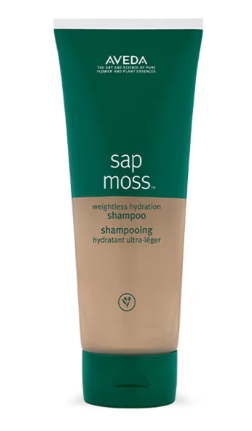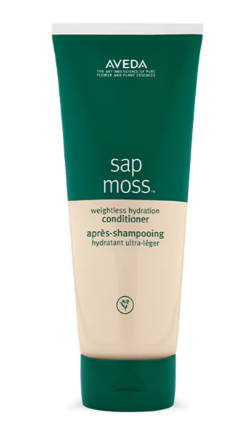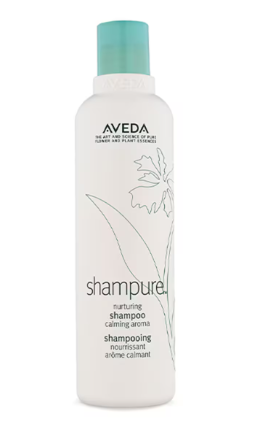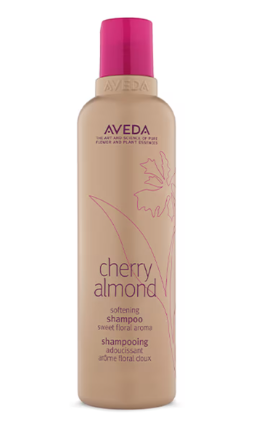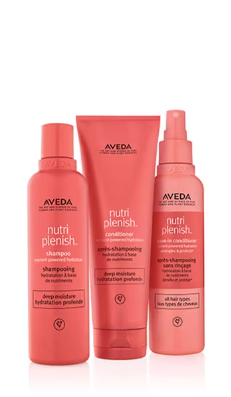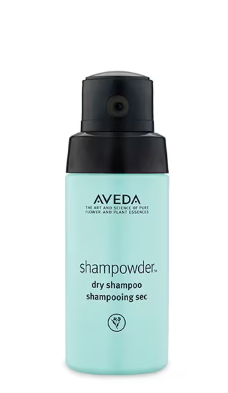
You don't need your imagination to tell you that winter increases terrible hair days. Static and dehydrated strands, which can lead to breakage, are all too common this time of year, thanks to the cold weather and dry indoor heating.
The bright side is that you can avoid these wintertime side effects and repair any damage that has already occurred by making a few adjustments to your regular haircare routine.
Dryer (less humid) air and colder temperatures in the winter affect the skin and scalp. Dryness and flaking are the most common complaints about the skin and scalp in the winter. Dry skin can cause a condition known as "winter itch." Winter is an awful time for eczema flares because of how dry the air is.
How to Take Care of Your Hair in Winters
Here are a few ways to winterize your haircare routine with Aveda as the Aveda Haircare Products have all the the ingredients and qualities to keep your hair healthy. Here's to avoid brittle locks this season.
1. Use hydrating shampoo/conditioner
Hair can become too clean from using shampoo. While harsh cleansers like the surfactants found in shampoos can give you that just-washed feeling, they also dry your hair even more.
Shampoos and cleansers with sulfates should be avoided by those with dry skin or a dry, flaky scalp. Because hot water can remove the skin's natural oils, it's best to avoid taking long, hot showers to warm up.
Try switching to a milder, moisturizing shampoo. It's free of harsh chemicals like sulfates and contains a skin-calming ingredient derived from plants called bisabolol.
That also applies to your conditioner. If your hair is feeling parched, try a different conditioner. Dry hair can benefit from leaving the conditioner in for a more extended period before rinsing. It's essential to remove excess water before applying the conditioner.
2. Avoid Shampooing every day
You can aid your hair's ability to retain moisture and natural oils by reducing the number of times you wash it and using a hydrating shampoo and conditioner.
Those who suffer from scalp dryness may find that reducing the frequency with which they wash their hair is beneficial (and its moisturizing benefits). However, if you have an oily scalp, you may have little choice but to wash your hair more frequently. When this happens, it's time to reach for some nutritious foods.
Additionally, reducing the heat of your showers can be beneficial. As the "good" oils in your skin are washed away during a prolonged shower, you may experience drier hair and scalp. A hot shower can be refreshing, but only if you take them in moderation.
3. Don't overlook flakes
Even if you don't usually deal with dandruff, you may start seeing flakes due to the dryness brought on by the season's cooler temperatures. Good news: reducing flaking can be as simple as switching to shampoo to maintain a healthy scalp.
Both environmental dryness and seborrheic dermatitis can cause mild flaking and itching. Hypersensitivity to Malassezia furor causes the latter inflammatory condition (yeast). If you have seborrheic dermatitis, try an anti-yeast product first, like this cherry almond softening shampoo from Aveda.
If environmental dryness is the cause, try a weekly hair mask or oil (like Argan) to restore moisture.
4. Avoid scented hair products
Synthetic fragrances used in cosmetics are a common source of irritation, with one study finding that as many as 20% of adults are sensitive to them. Choose fragrance-free haircare products if your skin is dry from environmental factors or has an inflammatory condition like eczema.
Search for hair care products that won't irritate your eczema and skin care products if your condition worsens in the winter. To find the best treatment for your eczema, try to find products certified by the National Eczema Association. Because of this, you can feel confident using any of Aveda's fragrance-free haircare products on skin prone to allergies or eczema.
5. Less Dry Shampoo
You may be contributing to your hair's dryness by using styling products. We suggest decreasing the frequency with which you use dry shampoo.
Dry shampoos require extra caution. They can further dry out and irritate your hair if used excessively, leading to breakage. In the colder months, we advise doing so at most once or twice a week.
ALSO READ: Best Haircare Guide to Maintain Curly Hair
